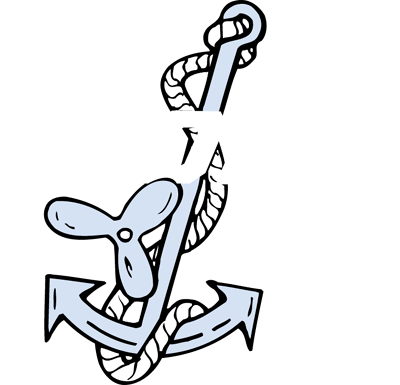A Tragic Reminder of Unsafe Practices
On February 28, 2004, forty-five miles off the Virginia coast, the Bow Mariner caught fire and sustained two explosions that sank the ship and left 21 out of 27 crewmembers dead. The vessel explosions were caused by the flammable fuel and air mixture created during the cleaning of its cargo tanks while transporting 3+ million gallons of ethyl alcohol from New York to Texas.
The search for survivors from the M/V Bow Mariner after it exploded off the coast of Virginia (USCG).
The formal USCG report included a number of contributing factors in this tragic incident:
Failure to properly implement the company and vessel Safety, Quality and Environmental Protection Management System (SQEMS)
Failure to conduct regular emergency crew drills
Failure to sound the ship’s alarm
Failure to alert the crew about what was happening
Failure of the captain to properly organize a response to the explosions
Failure to deploy distress signals or attempt to contact any nearby ships
Ship abandonment by the captain within 10 minutes of the first explosion*
This immense and preventable tragedy has led to numerous marine safety improvements and USCG recommendations, including:
The requirement of immersion suits on similar vessels
Regulations that require ships to conduct monthly fire and abandon ship drills
Commandant informed all marine safety field units about the importance of randomly verifying a tank vessel’s compliance with SMS for tank cleaning, confined space entry and tests, as well as equipment inspections
As mentioned in a recent gCaptain posting, Captain Kevin Carroll, commanding officer of Coast Guard Sector Hampton Roads reminds us that “It is the Coast Guard’s mission to prevent similar accidents from happening; ensure the safety of life at sea for mariners, and protect the marine environment. Coast Guard marine inspectors are trained to identify flaws in safety management and evaluate emergency drill performance.”
*It should be noted that Bow Mariner Third Officer Lugen Ortilano was recognized for saving the lives of five others...and it was only his first time sailing as a licensed officer.
Since 1935, MOPS has protected the licenses and livelihoods of more than 80,000 deck and engineering officers, state and federal pilots and certified tankermen.
We cover USCG licensed officers operating aboard vessels of any size in every sector of the maritime industry. If you want a quote, give us a ring at 800-782-8902, ext. 3608 or 3302. Or fill out our online form and we'll email you a quote.


